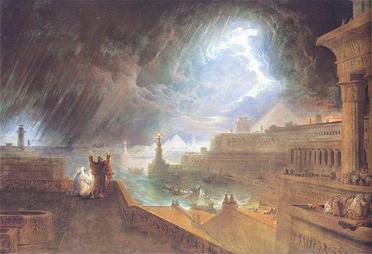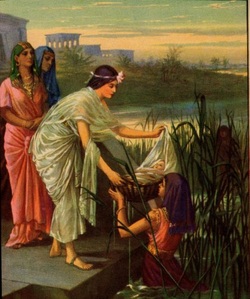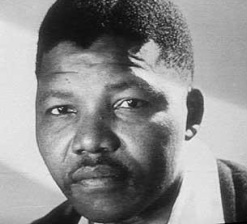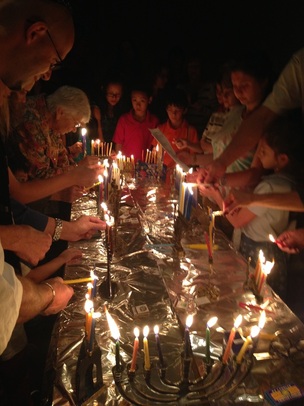 John Martin (1789–1854), "The Seventh Plague" (Boston Museum of Fine Art)
John Martin (1789–1854), "The Seventh Plague" (Boston Museum of Fine Art) God tells Moses in this week’s Torah portion (Va’eira):
I will harden Pharaoh’s heart and multiply My signs and wonders in the land of Egypt. Pharaoh will not hear you. I will place My hand on Egypt and bring out My army, My people the Israelites, from the land of Egypt with great judgments. Egypt shall know that I am Adonai when I stretch out My hand over Egypt and bring the Israelites out from their midst. (Exodus 7:3-5)
Why? Why does the Torah repeatedly say that the plagues served only to make "Egypt know that I am Adonai" (Exodus 7:17, 8:18, 10:2, 14:4, 14:18)? Why would it matter to God, Moses or the Israelites whether the Egyptians believed in God?
It is, actually, a radical question. In the ancient Near East, every nation had its own gods. Every nation recognized the gods of every other nation, but believed that their own gods reigned within their territory. The idea that Israel’s God must be acknowledged by the Egyptians as superior to their own gods, even in the heart of Egypt, overturned all the expectations of ancient civilizations.
Unlike any other nation of the time, Israel insisted that their God was the only God worthy of worship, the God of everything and everywhere. That may sound arrogant and chauvinistic — perhaps it is — but it is also central to the concept of a God who can command morality and a God who can unify our lives.
The God of Israel does not represent values and ethics of only one particular time and place. God is not in competition with other, equally valid gods that represent different values and moral positions. The God of the Hebrew Bible is the God of ideals that are universally true for all nations, all people, and for all time. When God says, “Thou shall not kill,” there is no alternate god to whom you can turn who will say, “Okay, you can kill sometimes.” God’s rule is exclusive, the highest authority on everything that will admit no equal.
That does not mean, though, that God is always clear on every moral question. A God of everything needs also to be a God who does not rule in black and white. With no alternate authority, the God of Israel must be a God that encompasses all of lived human experience. This is a God of nuance and complexity. Human imperfections and our complicated human relationships mean that God must reflect a range of conflicting interests to guide us toward doing the right thing.
Judaism, with its God of everything, teaches a single morality over all reality — even if it is a complex moral order that does not have specific answers for every human situation. That reflects the lived reality of our existence. We are multifaceted beings, but we require a unifying principle that makes our lives coherent.
Like the pantheons of the ancient nations of the Near East, our own psyches are filled with competing forces. Sometimes we are ruled by the demigods of our own desires and craving for pleasure. Sometimes we are ruled by the demons of our fears. When we are able to admit to ourselves that all of these imagined forces within us are ruled by the one God of our higher selves — our best and noblest aspirations — we, ourselves, become unified beings. When we are ruled by the one God of everything, we find greater clarity in facing life's challenges. We find greater joy in living a life of meaning, undying values, and bedrock principles.
God told Moses that the plagues would teach the Egyptians to know that "I am Adonai." The same lesson applies to each of us individually as we confront the Pharaoh within us — the part of ourselves that believes that we can make up our own rules and that wants to declare ourselves to be autonomous gods. Like Pharaoh, we also need to see the "signs and wonders" that prove that we are not nearly as in control of our lives as we like to imagine. We need to be reminded that there is a great power that rules our destinies far better than our desires and our fears.
One hopes that we won't need to be overrun by frogs or pelted by burning hail to see it. Inevitably, though, life's hardships will teach us some of our most profound lessons of humility and acceptance. As we read this week's Torah portion, we can remember that there is a part of us that is Egypt, waiting to be awakened by the realization that there is a God of everything and of everywhere, and that it is not us.
Other Posts on This Topic:
Va'eira: Playing God?
Va'eira: When We Cannot Be Joyful





 RSS Feed
RSS Feed
